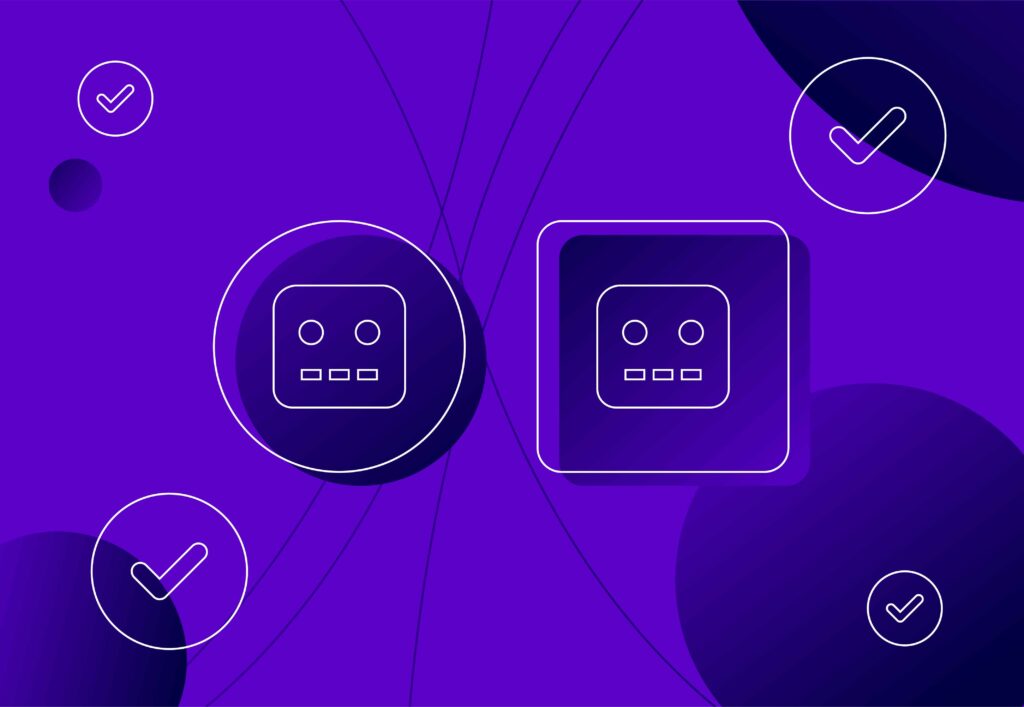
How Can I Help the Black Lives Matter Protests?

If you logged onto Instagram today, you probably saw a mass of black squares populating your feed with the hashtag “#BlackOutTuesday” or “#BlackLivesMatter.” Unless you’ve had your head buried in sand over the last week, you’ll know exactly why.
On May 25, George Floyd, a 46-year-old African-American man, was killed by Derek Chauvin, a white police officer, in Minneapolis. Chauvin kept his knee on Floyd’s neck for almost nine minutes. In broad daylight. While being filmed. Floyd’s crime? He used a counterfeit $20 bill at a local convenience store.
Sadly, George Floyd is just the latest in a long line of black people to have been unjustly killed at the hands of a white police officer (hell, a white person) in the United States of America. It’s a long, ugly and heinous line that stretches back over centuries of slavery, segregation, and systemic racism. Sadly, for as long as this vile and corrupt system remains in place, George Floyd won’t be the last.
Yet Floyd’s death has sparked a response like we’ve never seen before. Yes, there have been riots and protests in the US before stemming from police brutality (the Watts riots in ‘65, the LA Riots in ’92, the Ferguson protests in 2014). But the protests that have taken place across America, as well as around the world (including here in Manchester) and on social media this week have been extraordinary to watch. This time, it feels like “enough is enough.”
Witnessing such widespread solidarity in the fight against racism is heartening, especially during these bleak times. But tackling such a vile, complex and deep-rooted problem like racism — particularly systemic racism — demands more than just posting a black square on your Instagram, feeling good about yourself and calling it a day.
It requires each and every one of us (white people, especially) to be more active in the fight, even if you think Black Lives Matter protests in America have nothing to do with you. I don’t just mean going out and marching (although that’s helpful!), but we need to listen, learn, research, donate (if you can), share information, occasionally shut up and amplify the voices that do need to be heard, challenge racist behaviour when you see it, and confront our own privileges and prejudices, as uncomfortable as that may be.
What we need to do is not “blackout” our social media feeds, but shine a light on racism and its many ugly heads so that we can continue to extinguish it.
Taking cues from @das.penman and @mireillecharper‘s brilliant Instagram posts, here are ways in which UK residents can help the Black Lives Matter protestors who are currently fighting the good fight, and the Black Lives Matter movement at large.
Donate
- Official George Floyd Memorial Fund
- Minnesota Freedom Fund
- Black Lives Matter
- Campaign Zero
- Black Visions Collective
Read
- How to Be an Anti-Racist by Ibram X. Kendi
- Why I’m No Longer Talking to White People About Race by Reni Eddo-Lodge
- Between the World and Me by Ta-Nehisi Coates
Watch
- 13th
- The Black Panthers: Vanguard of the Revolution
- Selma
- Time: The Kalief Browder Story
- James Baldwin Debates William F. Buckley (1965)
Follow
Confront
- Racism that you see around you. This doesn’t just mean racist slurs or off-colour jokes, but a whole host of insidious things such as denying white privelege, victim blaming and cultural appropriation. Bernice King, Martin Luther King Jr.’s daughter, shared this image outlining the many overt and covert elements of racism.
- Your own privileges. As uncomfortable as it makes some people feel, being white in this society affords you benefits that black people and other minorities don’t have, from job opportunities and dealings with the law to simply being profiled as you walk down the street.
- Your own prejudices. Be honest with yourself and recognise where your behaviours and actions may contribute to the overall problem of racism. If anti-racist work makes you feel uncomfortable, interrogate those feelings and work to change them.
Don’t
- Center the narrative around yourself.
- Deny or belittle the experiences of black people.
- Support organisations, platforms or people who promote hate, racism or white supremacy.
- Stop supporting after #BlackOutTuesday is over.
- Ignore the problem. Being able to simply switch off your phone and forget about racism is a privilege many people don’t have.




